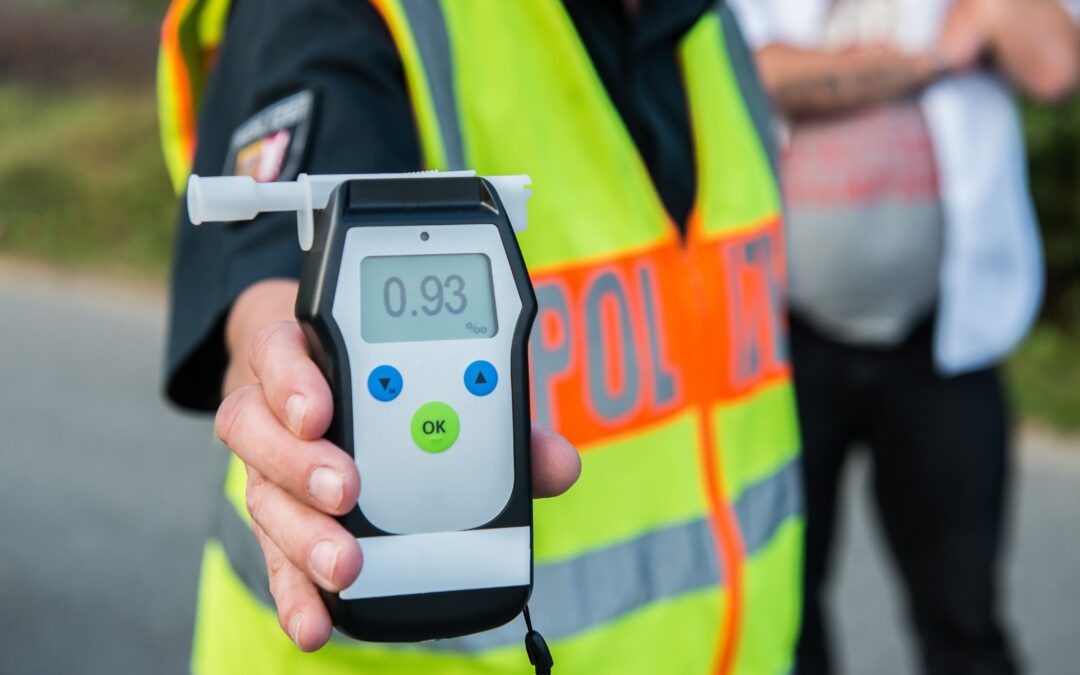Parental addiction is a pervasive issue that often remains hidden behind closed doors, impacting families across all walks of life, including public figures like Patrick Mahomes’ father, who faced a DUI charge. In this comprehensive blog post, we will delve into the profound and lasting effects of parental addiction, exploring its emotional, psychological, and societal ramifications on children and families.
Understanding Parental Addiction:
Parental addiction can take various forms, including substance abuse, alcoholism, or compulsive behaviors. Regardless of the specific addiction, the consequences can be far-reaching.
- The Face of Addiction:
- Addiction knows no boundaries and can affect individuals from all backgrounds, including celebrities like Patrick Mahomes’ father, who faced legal consequences due to a DUI.
- The Hidden Struggle:
- Shame, stigma, and denial often shroud parental addiction, making it difficult for families to seek help or openly discuss their challenges.
Emotional and Psychological Impact on Children:
Children growing up in households with addicted parents face unique emotional and psychological challenges that can persist into adulthood.
- The Burden of Secrecy:
- Many children of addicted parents bear the heavy burden of keeping family secrets, fostering an atmosphere of isolation and mistrust.
- Emotional Turmoil:
- Witnessing a parent’s addiction can lead to anxiety, depression, and a sense of powerlessness in children.
- Emotional neglect and abandonment can exacerbate these feelings.
- Dysfunctional Relationships:
- Children may struggle to form healthy relationships in adulthood due to trust issues and difficulties in managing emotions.
Coping Mechanisms and Survival Strategies:
Children of addicted parents often develop coping mechanisms and survival strategies to navigate their challenging upbringing.
- The Caretaker Role:
- Some children assume a caretaker role, trying to maintain order and stability within the family.
- This responsibility can be overwhelming and hinder their own emotional development.
- Escapism and Self-Blame:
- To cope with the chaos, children may turn to escapism through substance abuse or risky behaviors.
- They may erroneously blame themselves for their parent’s addiction.
Breaking the Cycle of Addiction:
Breaking free from the cycle of addiction is a challenging but essential endeavor for both parents and their children.
- Seeking Help:
- Acknowledging the addiction and seeking professional help is the crucial first step.
- Rehabilitation programs, therapy, and support groups are valuable resources.
- Healing the Family Unit:
- Family therapy can help repair damaged relationships, rebuild trust, and provide a supportive environment for recovery.
- Building Resilience:
- Children who have grown up in the shadow of addiction can benefit from therapy and support groups designed to address their unique needs.
- Building resilience and understanding their worth can lead to healthier, more fulfilling lives.
The Role of Public Figures and Awareness:
Public figures like Patrick Mahomes can shed light on the issue of parental addiction and help reduce the stigma surrounding it.
- Celebrity Stories:
- When public figures share their personal experiences with addiction within their families, it helps humanize the issue and encourages others to seek help.
- Raising Awareness:
- Advocacy and awareness campaigns can educate the public about the impact of parental addiction and the resources available to those in need.
Conclusion:
Parental addiction is an insidious issue that leaves deep scars on children and families. Whether it’s a public figure like Patrick Mahomes or an ordinary family, the emotional and psychological toll is significant. Breaking free from the cycle of addiction, seeking help, and raising awareness are essential steps toward healing and preventing future generations from enduring the same pain. By openly addressing this issue, we can create a more compassionate and supportive society where families can find hope and healing.

